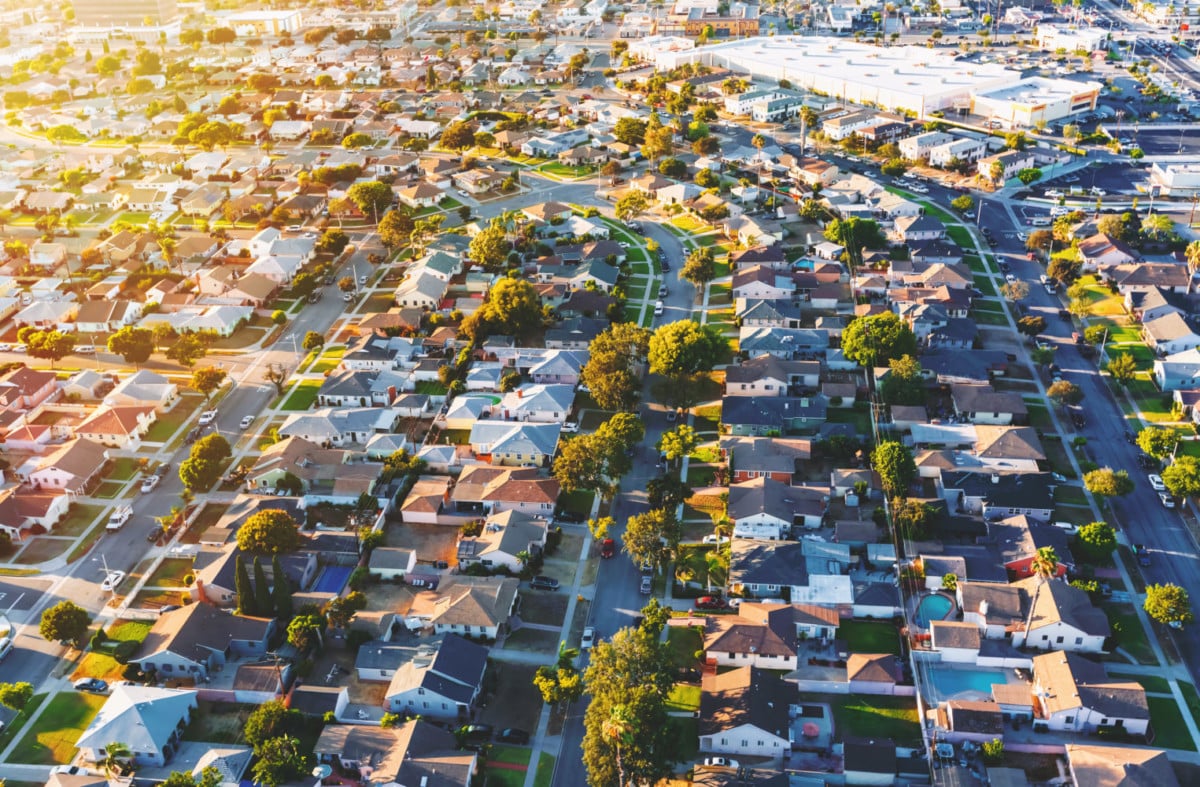When on the hunt for your future home there will be a lot of things to consider and compare. Every buyer will have different needs and wants and a smart buyer will have these clearly established in their mind before they begin their home search. After all, a buyer’s agent can’t really help you if they don’t know what you’re looking for. While any home purchase will come down to personal preference, there are some constants that every buyer should look for when choosing a neighborhood. Buying a home also means buying the neighborhood. If you want your home purchase to be a success, you should consider the following factors when choosing a neighborhood.
1.) School Districts Matter – Even if You Don’t Have Kids
If you have children or are planning to start a family soon, choosing a neighborhood in a good school district will be a top priority. When comparing properties, be sure to check that the home is actually located in the same district as a highly-regarded school. But even if you don’t have kids and aren’t planning on having any, this should still be an important consideration. Why you might ask? Well, if you expect that you’ll sell in 8-10 years’ time, that superb school will still be there and be a major selling point. Properties located in districts with highly-regarded schools are more expensive for this very reason. In all likelihood, the home will spend little time on the market and the sale will make you more money than you initially paid.
2.) Transportation and Commute Time
If you need to commute to work each day then the commute time will be a big consideration. As you probably already know, time and distance aren’t always equal. If your chosen neighborhood is 20 miles from your work, then that can mean a commute time of at least one hour by car. You should see what the route is like by doing a test drive during the morning rush hour.
If you or anyone in your family will be utilizing public transportation, then do some research to see what’s on offer. Find out where the nearest bus line is, how often pick-ups are and how much the ticket costs. Visit the local transport authority’s website to find all the necessary information.
3.) Crime Statistics
Safety is important and every buyer will want to know what the crime statistics of a given neighborhood is. A good place to start is the internet. Do a search on “(insert city name) crime statistics by neighborhood” to bring up a starting point of information. For more detailed information on local crime statistics, call the local police department. They should have highly specific information on the number and type of crimes and advice on community policing. Safe neighborhoods will always sell faster and for a better price.
4.) Property Taxes
Most people choose to roll the cost of property taxes into their mortgage payment each month. However, taxes can increase over time and you need to make consideration for this. If you’ve chosen a good buyer’s agent, then they should have no trouble finding out what the current tax rates are. Along with that, they should also know what the tax rate pattern has been like over the past several years. Property taxes can fluctuate over the years, especially in developing neighborhoods.
5.) Future Developments
Whether you’re planning to stay put for 3 years or 30 years, the future development of a neighborhood should be a major consideration. The easiest way to find out what’s ahead is to check with the local planning office and see what they’ve got on the books. New developments in a neighborhood can have either a positive or negative effect on its residents. Even if there’s nothing planned, you’ll want to think about potential developments that could impact you. For instance, if your potential home has no rear neighbors and backs on a wooded area, you’ll want to find out if the area is protected or could be bought and developed.

